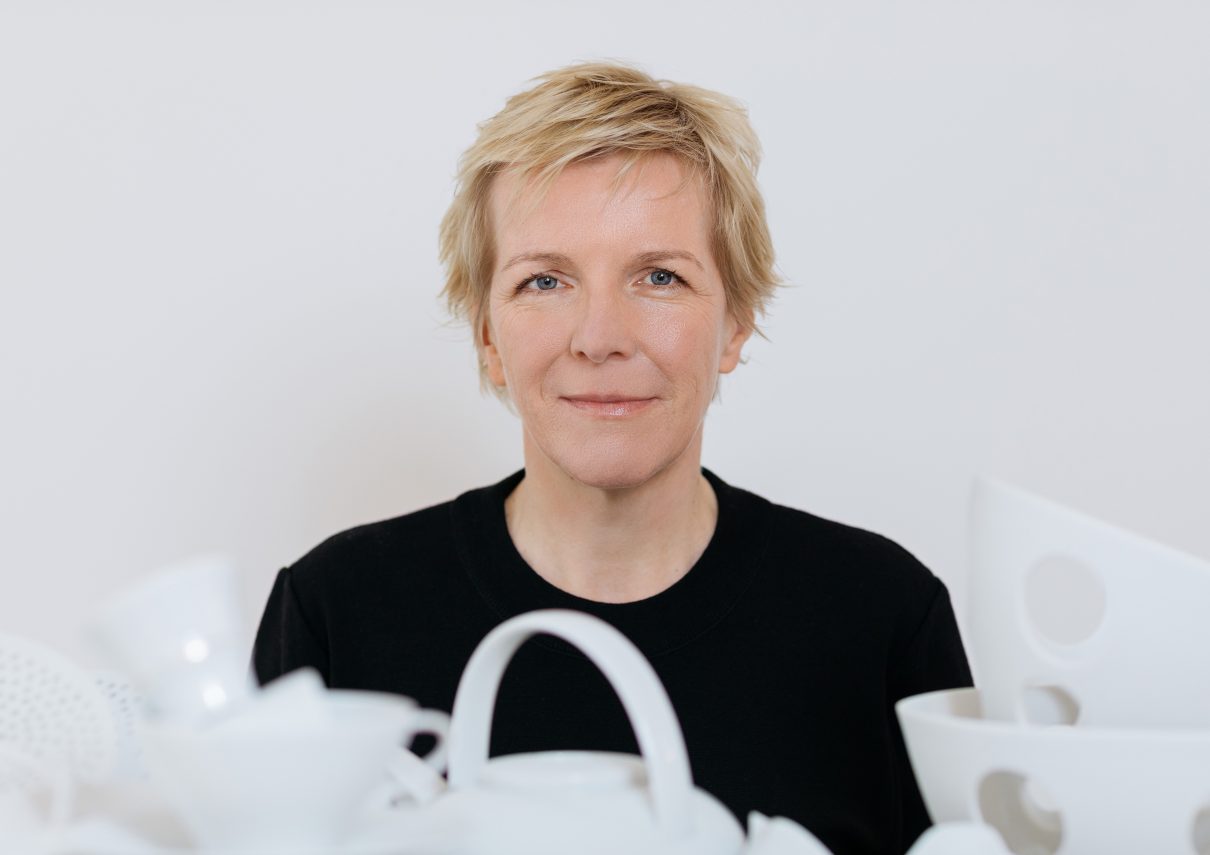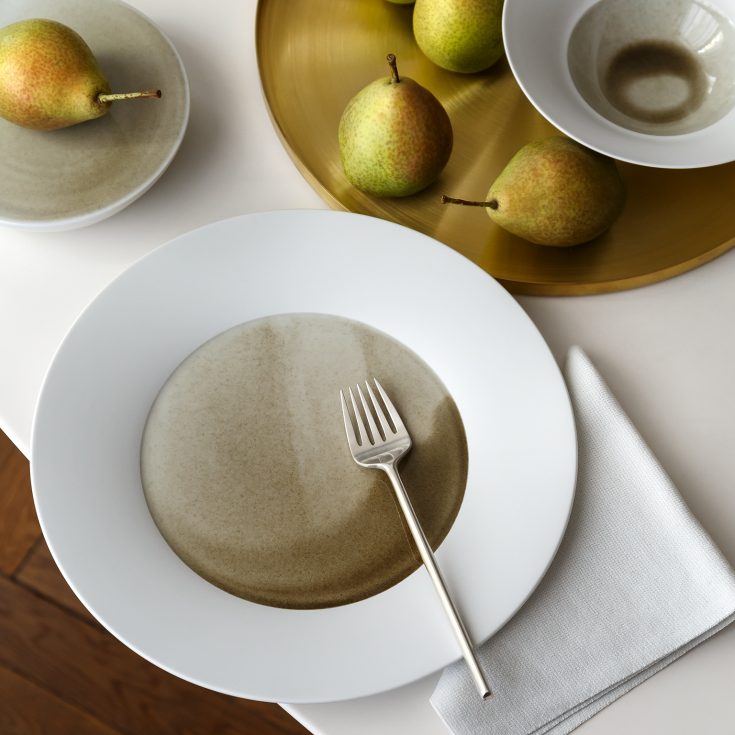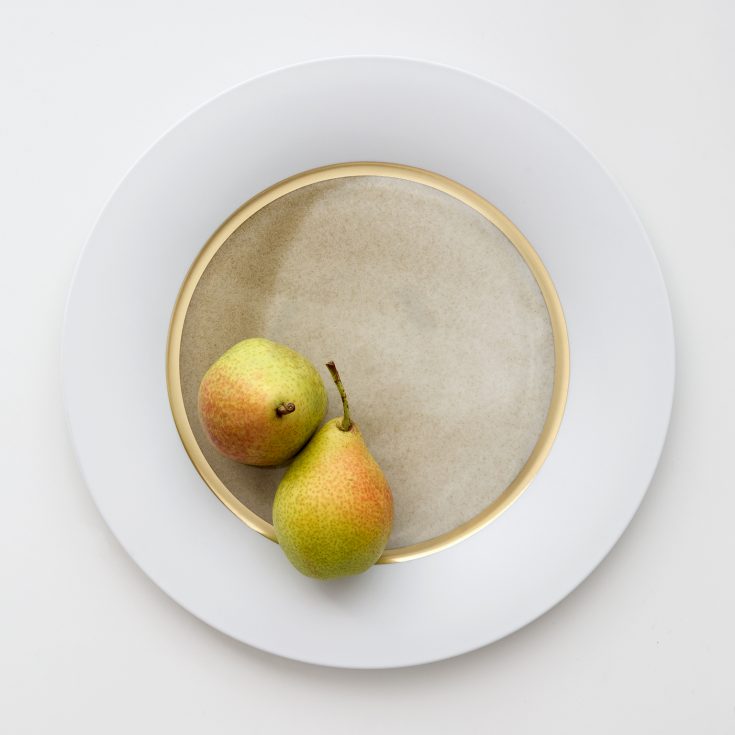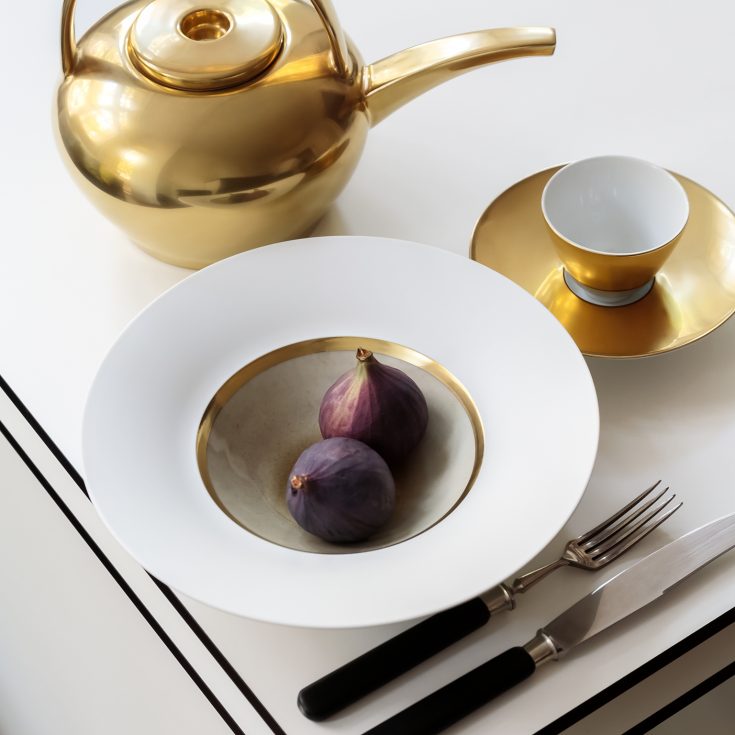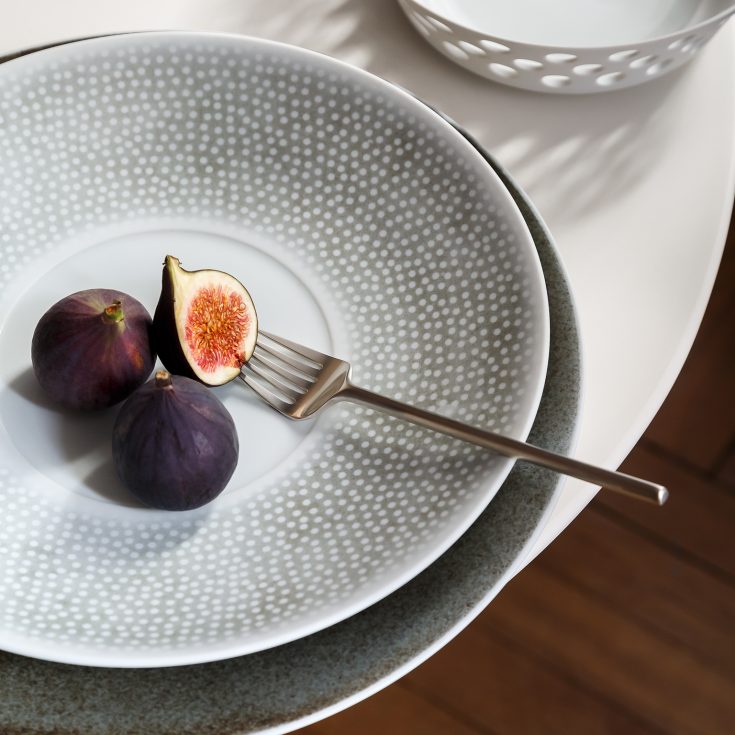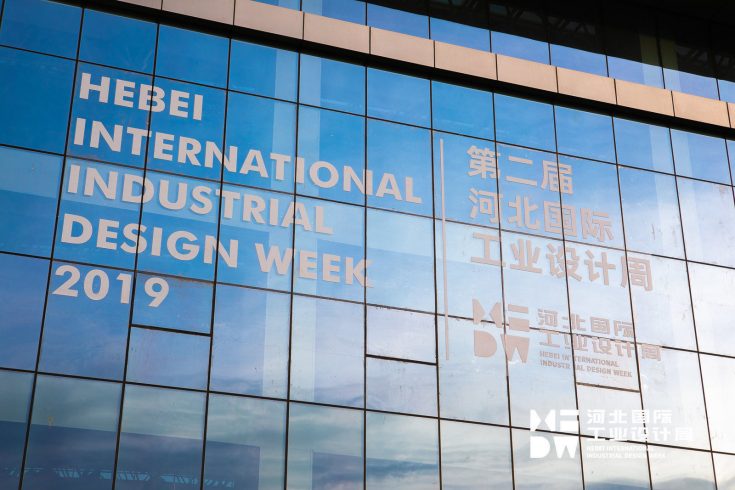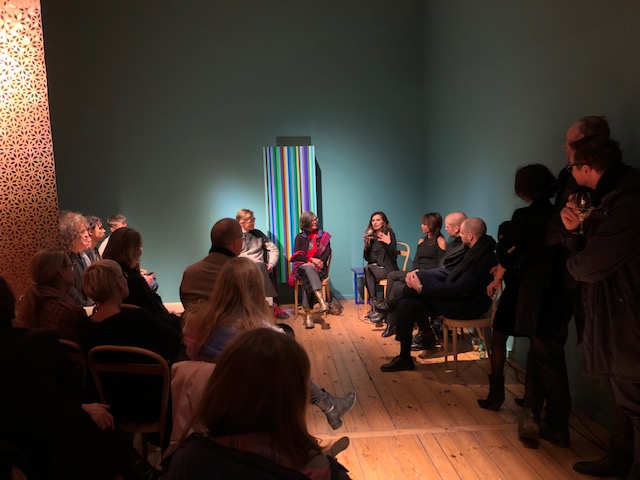“Hering Berlin” has built up an interesting position over the last few years. Hering produces porcelain at the highest level, on the level of the big traditional porcelain brands, gourmet restaurants from all over the world are among the customers — but at the same time the manufactory is smaller than these traditional companies, so let’s say medium-sized.
I always wanted to work as a manufactory between the individual potter and the industry.
A difficult middle ground, isn’t it?
The more turnover you get and also need to turn this wheel, the more you have to invest in sales and marketing and in production. One person can’t do that, you need a team. Finding good personnel is a complicated topic, many top people tend to go into industry. But there is a relatively new counter-trend in society — a return to the extraordinary nature of handcrafted objects and the cultural techniques behind them. Suddenly, Manu Factum is once again an explicit social theme. And this is clearly reflected in the increased positive response in the media and among buyers, collectors and lovers of our pieces.
In the public perception in Germany, the craft of design tends to lead a shadowy existence.
That’s just changing, but look at France or Japan, how they treat their people with respect. Young people in Germany who want a chance for advancement and recognition in crafts often don’t find it here. It’s also the case that young people are already influenced in the direction that it takes at least three years of study to achieve something, careers lie elsewhere, handicraft no longer exist in their vocabulary. The recognition in society has gone astray and only now is the very young generation finding good ground again, who — and I find this highly interesting — are enthusiastic about sustainability and manufactory production.
Does the high quality of the luxury producers in general simply not meet with any understanding here in the country?
What does that have to do with luxury? Manufactories produce things with a value that lasts for generations. That is pure sustainability. If a student says it’s worth spending a lot of money on a cup because it gives him pleasure all his life, then he doesn’t have to be rich. Of course I also need wealthy people to sell 100 of these cups in one fell swoop, otherwise we wouldn’t be able to survive.
Is it too much to give manufactories a kind of educational mission in the sense of an aesthetic education?
I think we can say exactly that. Those things surround us. In the past, you learned to knit in elementary school. If you have parents who don’t know how to hold a hammer in their hands, how can a child find out that they might later find a profession where they can work with wood? There is no longer any contact with the material environment, we have sawn that off ourselves. We have to show the young generation that there is something else besides mobile phones. I think we even have a duty to do so.
Does the sale of Hering Berlin actually take place at trade fairs?
Trade fairs have been a thing of the past for quite some time. The expenses are very high, they are out of proportion to the turnover you make with them. We have developed a different strategy to be present in international design centres like Milan and Paris. We focus on exclusive small events with selected press, customers and collectors, where you can stage the “Hering Berlin” experience in an exciting atmosphere.
What then remains as a sales strategy?
We act more selectively and more tailored to our target group — instead of trying to serve an entire market. We have to look for selected partners. And we have yet to do trade fairs, but only in those countries where a network has already been established.
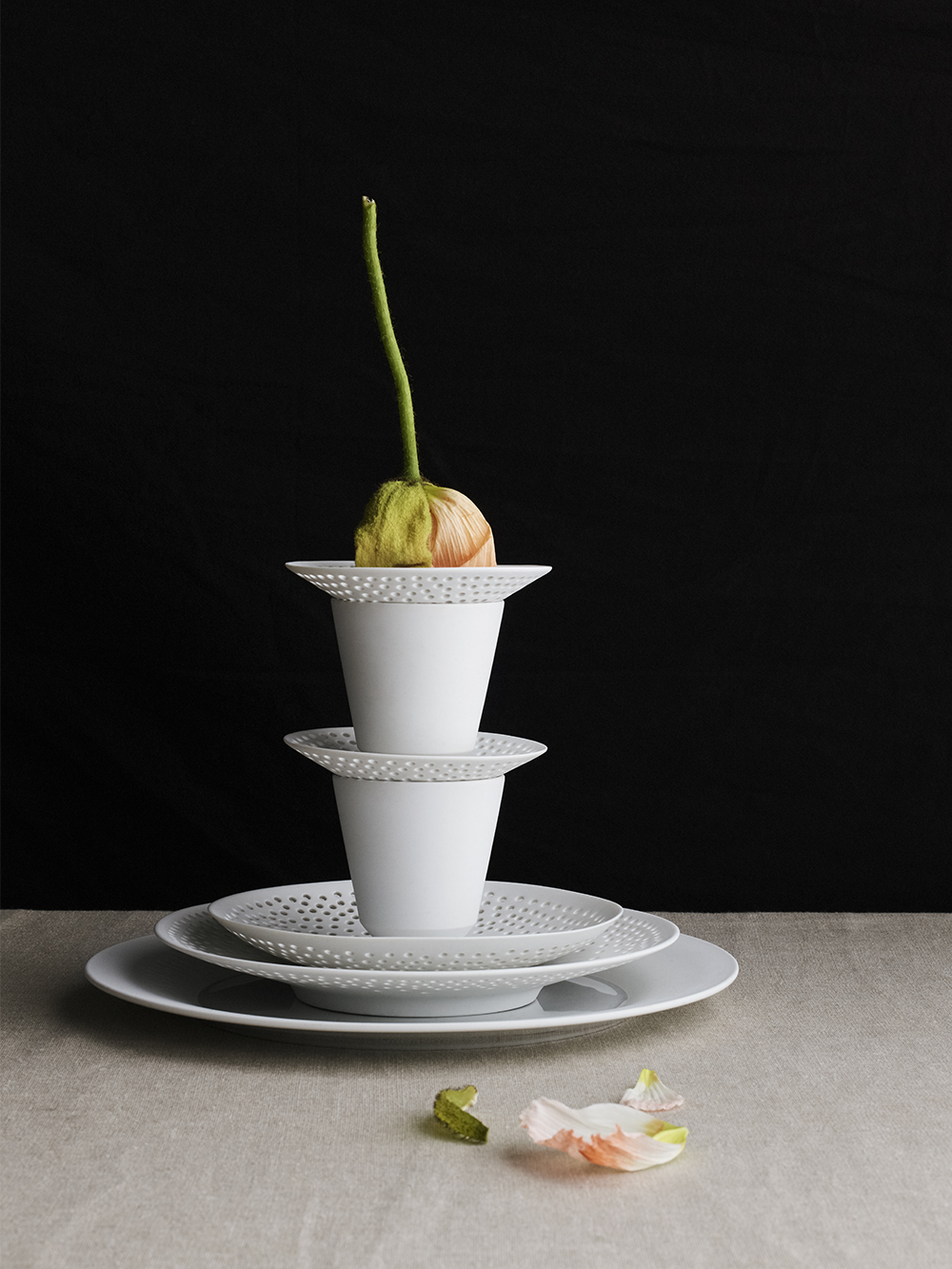
The establishment of international distribution structures — at least with regard to manufactories — is not necessarily supported extensively by politicians.
I see nothing from the side of politics. We need renewed pride in what is happening in our own country; these handicraft enterprises are ambassadors for the country. Manufactories and artisans hold “Made in Germany” high, we represent what is not so easily interchangeable. Especially in the field of porcelain, for example. Nowhere else in the world are there as many first-class porcelain manufactories as in Germany. The Federal Government could appreciate this for once. Perhaps also very practical: For micro-enterprises the corporate tax would have to be abolished. If we did not have to pay tax on our profits, many would be helped.
